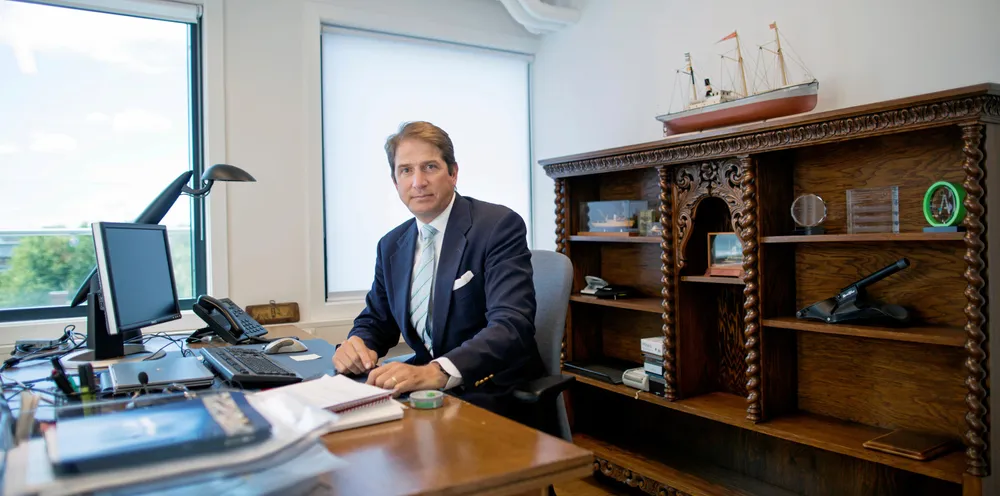'Jesus, we've been doing land-based farming for 30 years': Stolt Nielsen CEO made call to list aquaculture business on strength of Atlantic Sapphire valuation
Shipping giant exec also revealed regret at selling its farmed salmon business.

Shipping giant exec also revealed regret at selling its farmed salmon business.
